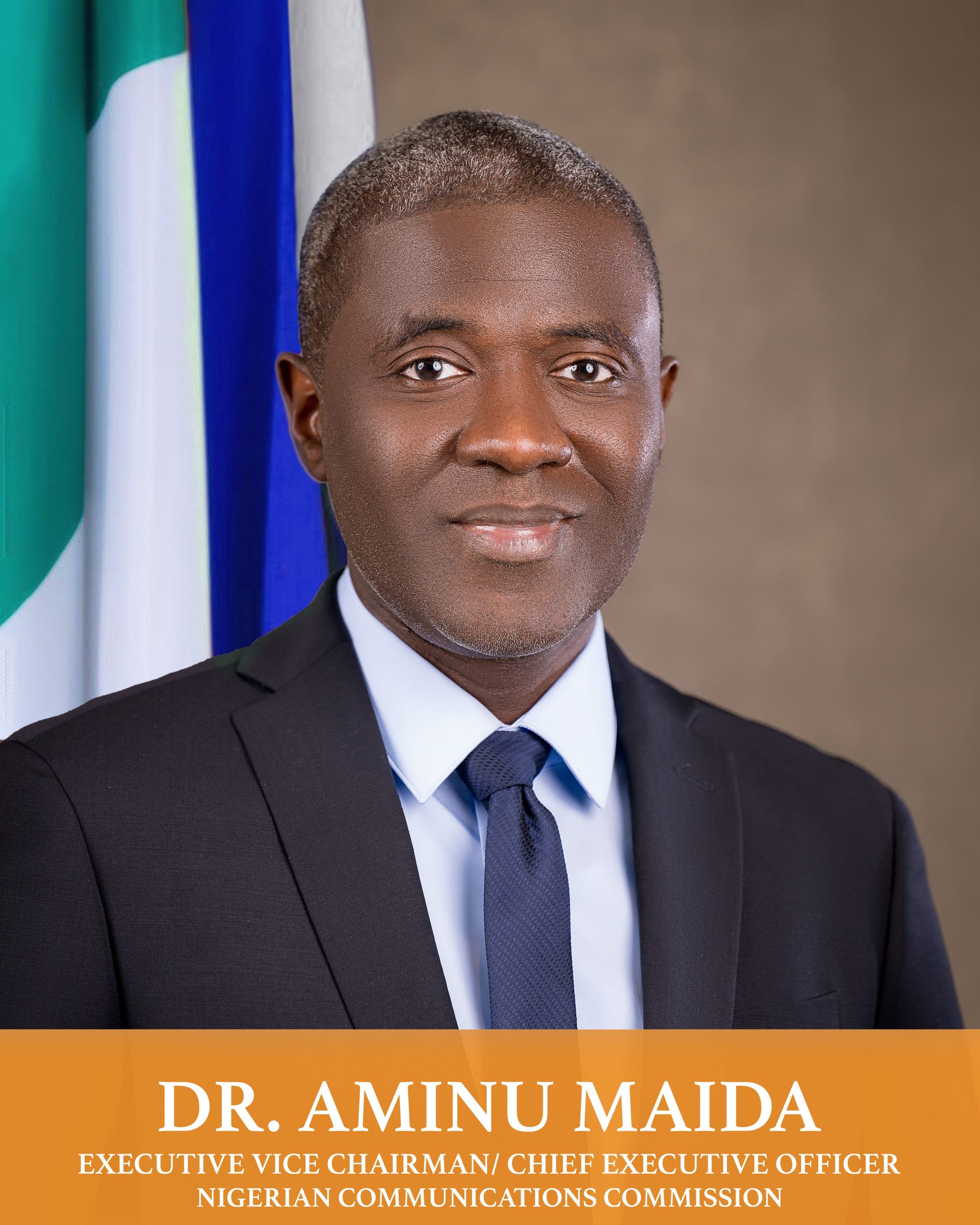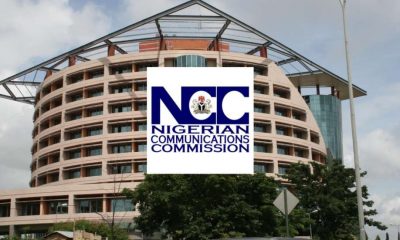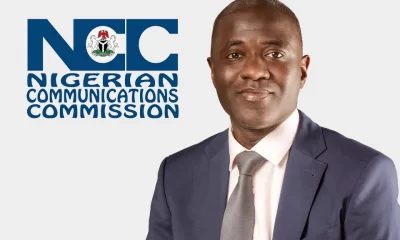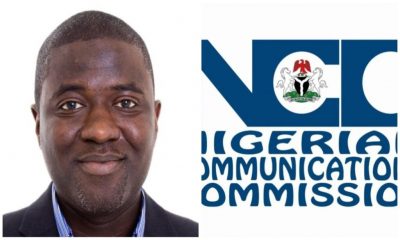The Executive Vice Chairman of the Nigerian Communications Commission (NCC) has upheld the principle of technology neutrality in the regulation of the telecom industry.
Technology neutrality is a principle in which service providers licensed to provide services are at liberty to adopt any technology for cost-effective deployment of services at no lets or hindrances.
Maida re-echoed the technology-neutrality principle of the Commission when a delegation from the United States Agency for International Development (USAID) Nigeria Power Sector programme (NPSP) visited him at NCC’s Head Office in Abuja recently.
He said the Commission is a technology-neutral regulatory agency, established to regulate competition and not to determine what technology solution its licensees must deploy to power their operations.
“The primary responsibility of NCC is to ensure effective competition among licensees in a way that guarantees the delivery of qualitative service that produces high quality of experience and value for money for the consumers.
“The operators are at liberty to adopt any type of power technology they think that is good, and cost-effective to keep their operations at optimal performance in meeting the quality of service Key Performance Indicators (KPIs) set by the Commission,” the EVC said.
He, however, said the Commission is open to innovative ideas that support a reduction in the cost of operations for the licensees and guarantees delivery of improved services for their business sustainability.
The NPSP is an initiative of USAID aimed at powering African countries with alternate sources of electricity, such as greener, solar, and renewable energy, to support the growth of their economies.
READ ALSO: NCC restores regulatory services to Globacom after debt payment
The USAID NPSP team was led by its Chief of Party, Tunde Gbajumo, who told the EVC that the purpose of their visit was to advance discussion on telecom electrification through renewable energy, which, he said, falls under the purview of the Commission as the sector’s regulator.
Gbajumo said the team had been working with Rural Electrification Agencies (REAs), investors, and user organisations to improve the power sector in Nigeria through the provision of technical support to key actors in the Nigerian economy to nudge the adoption of renewable energy.
According to him, realising how demanding power supply is to the telecommunications sector, “USAID NPSP is proposing to work more with the NCC on sustainability models of renewable energy to support the digital economy sector in Nigeria.”
Gbajumo also said his team had carried out pilot studies in some locations, the outcome of which had provided the team with some understanding and insights into the challenges confronting tower companies (TowerCos) and Telecom Companies (Telcos) especially concerning the high cost of diesel in powering their facilities and to address the impediments being faced in the deployment of renewable energy to run their operations.
“Electricity tariff is rising and the cost of diesel is going up, while the cost of solar energy – a major source of renewable energy – is gradually reducing. So, our objective is to work with the NCC to build a green energy policy that can support TowerCos and Telcos in Nigeria,” he said.

 Latest1 day ago
Latest1 day ago
 Crime2 days ago
Crime2 days ago
 Editorial6 days ago
Editorial6 days ago
 Agribusiness4 days ago
Agribusiness4 days ago
 Business5 days ago
Business5 days ago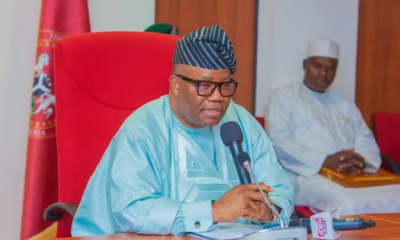
 Featured5 days ago
Featured5 days ago
 Agribusiness5 days ago
Agribusiness5 days ago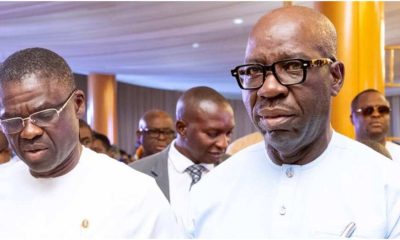
 Latest5 days ago
Latest5 days ago
